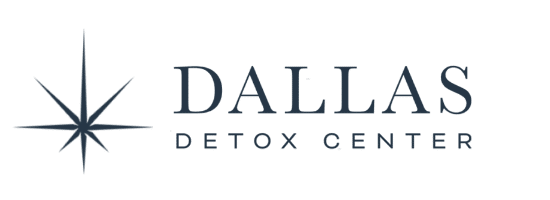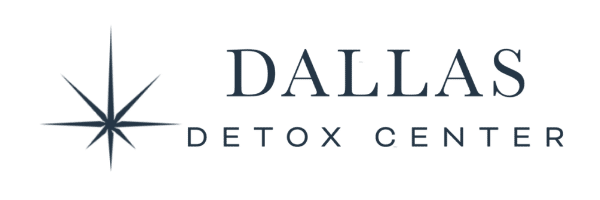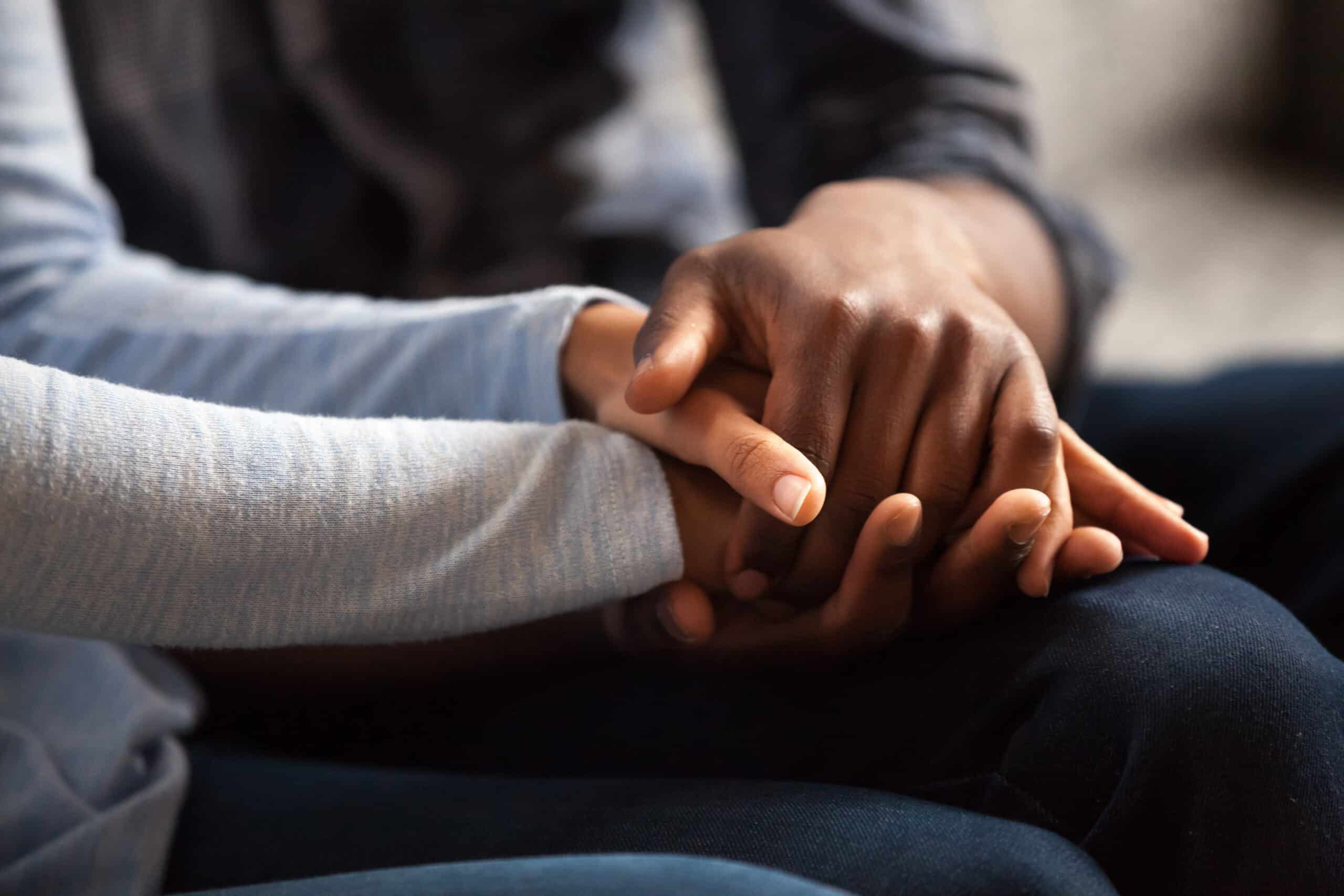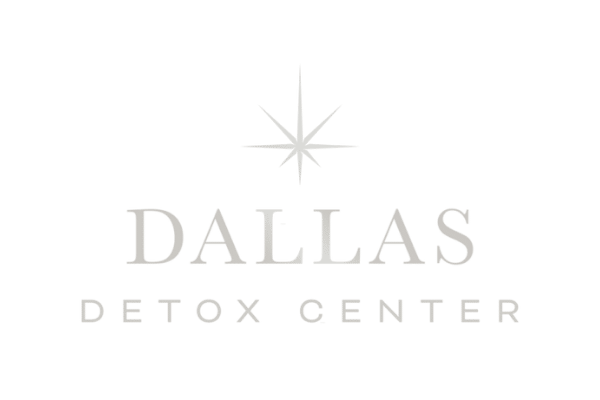If you or someone you love is starting recovery for substance abuse, it’s essential to consider the role of forgiveness in addiction recovery. Forgiveness can have a powerful impact on physical and emotional health. It can help everyone overcome things like depression, anxiety, or stress and even improve blood pressure, immune system health, energy levels, and sleep.
Dallas Detox Center is a top-rated luxury drug and alcohol rehab center designed with your recovery in mind. Contact us today to learn more about how our Dallas drug treatment center can help.
What is Forgiveness in Addiction Recovery?
Forgiveness in recovery is a powerful tool that can help improve healing, relationships, and recovery for those who have dealt with substance abuse.
This can take many forms, including forgiving someone who has struggled with substance abuse for things they have done in the past, perhaps things that were said, or relationships that were harmed. But it can also extend to self-forgiveness in recovery, letting go of things like resentment, bitterness, or guilt.
Why Does Forgiveness in Recovery Matter?
Forgiveness is an essential part of substance abuse recovery because it can help individuals let go of negative emotions they’ve been holding on to or things that may have contributed to their struggle with addiction originally.
Holding on to things like grudges or mistrust or even maintaining a negative self-image can create conflict like poor self-esteem or tension in relationships. But choosing to forgive establishes the possibility of:
- Improved understanding
- Deeper connections
- Trust
- Happiness
Self-Forgiveness in Recovery
Self-forgiveness is essential. Holding on to self-judgment or self-blame can prevent people from a successful recovery because they’re unable to move forward. Using forgiveness in recovery can provide a more supportive environment that makes you resilient and improves your mental health.
Negative Mindset
Individuals who struggle with feelings of resentment or anger might battle with substance abuse because they allow those feelings to build. Without forgiveness in addiction recovery, it can be challenging to clear away those negative relationships and take aspects of things, like CBT, where you learn to have a more positive mindset, seriously.
Guilt
People who have struggled with substance abuse are likely to have low self-esteem for many reasons, including a negative mindset or anger they have harbored. They might have guilt and shame over their substance abuse, the damage they have caused in other relationships, or their struggles with recovery.
Forgiving Others for Wrongdoings
If you have someone in your family who has struggled with substance abuse, it is no doubt taking a toll on family relationships. Practicing forgiveness with one another can increase compassion, deepen your connection, and rebuild bonds that may have been broken.
Anger
If someone is struggling with bitterness, resentment, or anger over something that happened, it can weigh so heavily on them that it leads them to self-medicate with drugs or alcohol. As a family member or close friend, you might have a role to play in asking for forgiveness for contributing to certain resentment or anger in the past.
Mistrust
Addiction affects everyone, and it can break relationships, especially with mistrust, stress, frustration, anger, sadness, and conflict.
Ultimately, forgiveness in recovery is healing and helps everyone, including family members of someone with substance abuse, to let go of their negative emotions like shame and guilt, rebuild their relationships, and learn to communicate better with and support one another.
Get Help with Dallas Detox
With Dallas Detox, we encourage forgiveness in reducing anger, repairing bonds between family members and friends, and alleviating guilt or shame. With our residential programs, you can receive state-of-the-art drug and alcohol rehab and take advantage of our CBT and dual diagnosis programs centered around forgiveness and success.
Forgiveness, especially self-forgiveness in recovery, can improve self-esteem and let individuals recognize that those mistakes were just that: mistakes. Mistakes don’t define clients but provide an opportunity to learn and grow as humans. Our team works hard to help improve confidence and teach clients to forgive themselves and let go of guilt or shame by making progress toward actionable goals.
For many people, that involves others, primarily family. A big part of our program includes family therapy to help people practice forgiveness in addiction recovery with those around them. Family therapy can help people:
- Replace distrust with reconciliation
- Replace guilt with forgiveness
- Turn stress into strength
- Convert frustration into understanding
- Replace despair with hope
- Turn sadness into support
- Convert anger to peace
- Find a resolution in conflict and crisis
These goals help individuals focus on rebuilding their lives in a healthy and positive fashion with the support of others.







